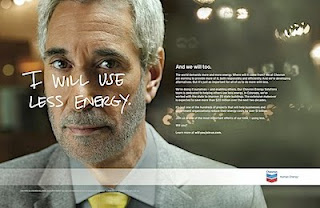



Green can be portrayed in many different ways, sure. It’s a color, it is the way your face makes before you vomit, it’s a way of life for some people, and in the last decade with the ever growing awareness of our environment and the importance of a sustainable environment, green has become a way for people and brand’s alike to advertise themselves as being environmentally friendly, instead of wasteful and selfish.
Green can be a very effective way for brand’s to advertise. When you break it down to what it means for a brand to advertise themselves as green, it is merely persuading the consumer to use their product by letting them feel like they are doing something useful for the earth. People in general care significantly about their reputation and what other people think about them. For them to use a green product they are convincing themselves that by buying and using this product they are doing something environmentally friendly and “green”.
Many other companies are very passionate about being green and passionate about the message they are sending to everyone by being sustainable. This blog will help show what companies are doing in order to title themselves as being green and sustainable.
